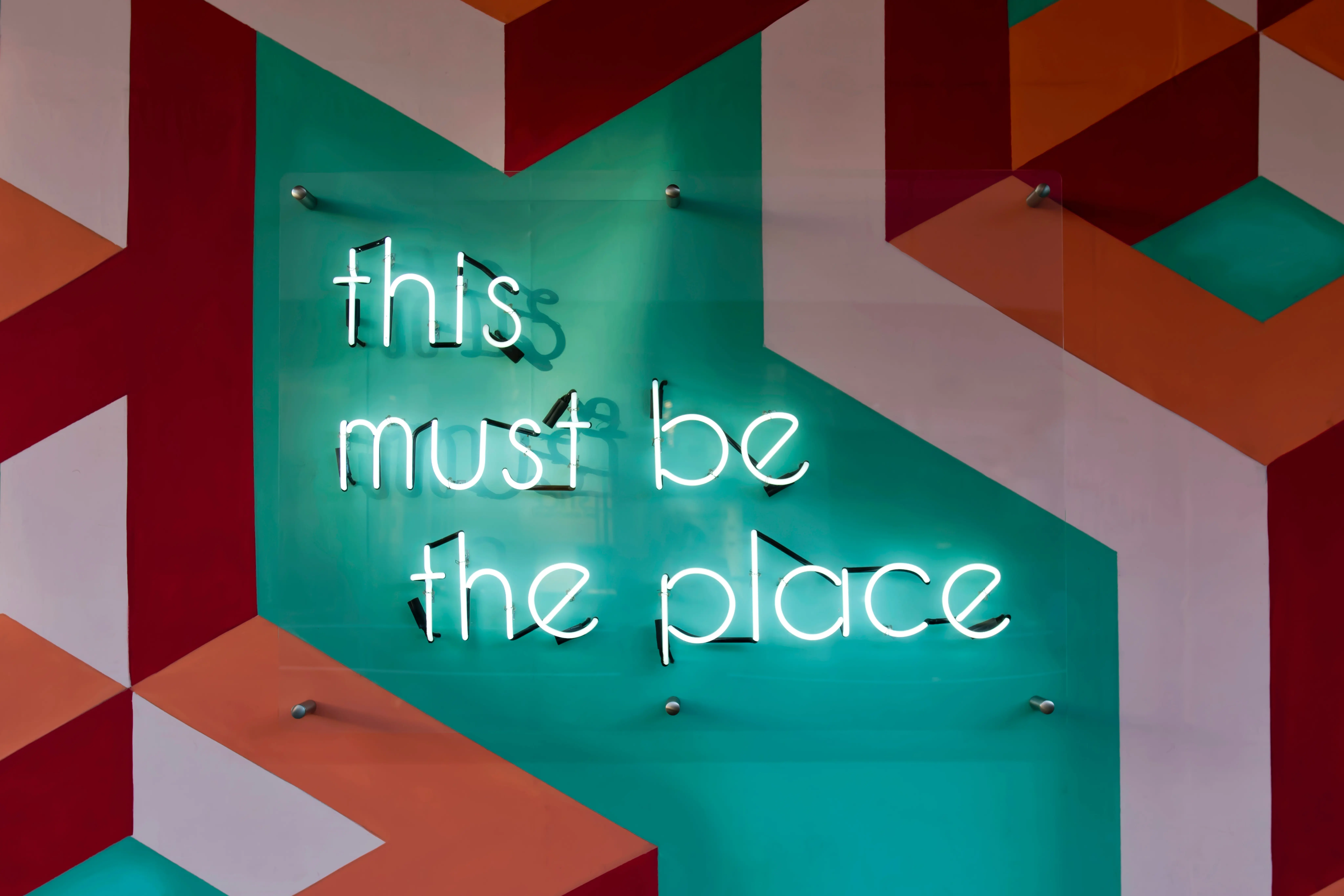
Mobile development is rapidly evolving and developers skilled in the latest tech are worth their weight in gold. But many businesses struggle to fill the software skills gap.
So what can you do to attract and retain the best mobile talent? With practical tips on how to handle this situation comes Krzysztof Bogacz, Head of Mobile at 10Clouds.
To start off with, could you tell us a bit about the recruitment side, and particularly how you test the technical skills of a candidate at 10Clouds?
Sure, so this is actually something that has changed recently, as we used to send candidates a coding test from which we could get a grasp of their ability in a given coding language. However, we realised that we also wanted to find out whether they were able to think on their feet and solve real-life problems.
This is why we now present them with a real-life development scenario in which they are asked to spot bugs and problem-solve. We find that it’s a much better way of seeing how a given person thinks and whether they have the skills that are needed in our team.
Of course there are other parts of the development process, such as the cultural fit, which are also tested during the other parts of the recruitment process.
Now moving on a bit to retention of your developers, as I know that you have a very low rate of turnover in your team. What do you think are the top three reasons that developers want to stay in the job?
When it comes to retention, I think that the top reasons for staying are team culture, our ability to fit the right developers to the right projects and personal development.
When we talk about ‘culture’ at 10Clouds, we mean having a real sense of a team in which everyone, no matter where they work (from another office, or remotely) knows each other as people.
We pride ourselves on not being a group of contractors, working on disparate projects, but of team-players who work together, share challenges and solutions and support one another to grow. We have a mobile weekly, in which we have a chance to do discuss what’s gone well in our work and what hasn’t, as well as sharing elements of our lives outside of work, of our hobbies and passions.
We also try to meet in person at least once a quarter to hang out together, go for a meal and a drink. I think all of this is very important in building a sense of community.
Next, I mentioned that we fit developers to projects - as part of their growth and in answer to their demands. We do this based on ability of course, but also on finding the right ‘chemistry’ with a given client. We also match developers with technologies - for example we would give Flutter projects to those team members expanding their Flutter skills. Of course, there are occasions in which we might get this wrong, and a developer might not find that a project is working for them. In such cases, we try to swap them out for another member of our team, without compromising the relationship with the client.
I think that this possibility of project change, before a developer becomes too stressed and wants to leave the organisation, is very important. And last but not least, there’s personal development.
So how do you develop your team and make sure that they have room to grow and learn?
A good question - because personal development is extremely important. We have six monthly performance reviews in which we discuss the technologies and sectors in which each team member wants to develop their skills. This leads back to what I mentioned above - namely effective matching between developers and projects, as it gives me a much better understanding of which projects will suit a given person.
Another important thing to mention is that at 10Clouds no time is wasted.
If a developer happens to be between projects, we encourage them to learn new skills and technologies on real life internal company projects.
We know that development sometimes means going out of your comfort zone. Is this the case in your team?
Definitely, and this isn’t just a case of learning new technologies. It’s also about going beyond development, into other areas of the business such as presales, business development or marketing. As an example, we had a member of our team who was really uncomfortable appearing in front of the camera and disliked writing. But with encouragement, he discovered that he had a real talent for writing technical blog posts on subjects that were of real interest and value to both business leaders and fellow developers. He’s since gone even further and done an instagram live session about iOS widgets, which has been great. It’s really rewarding to discover these new talents in people. And I’m sure it’s another reason for which they want to stay with us.
Thank you Krzysztof.



